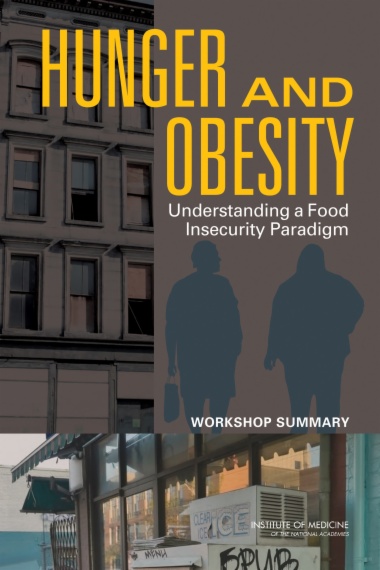Through detailed research and the actual words of St. Anthony, the author takes the reader on an imaginative journey into the lives and spiritual struggles of people who lived with, confided in, heeded, or defied this holy Franciscan.In meeting those whose lives Anthony touched, the reader will come to live this saint.

